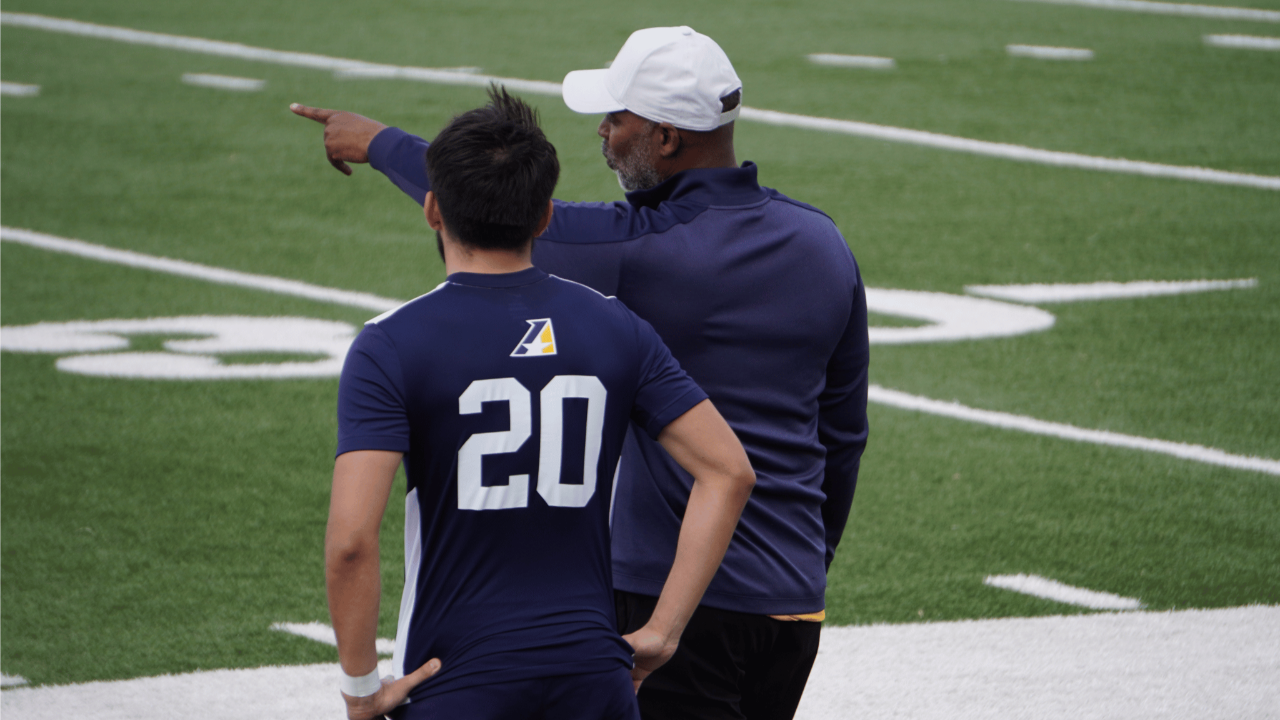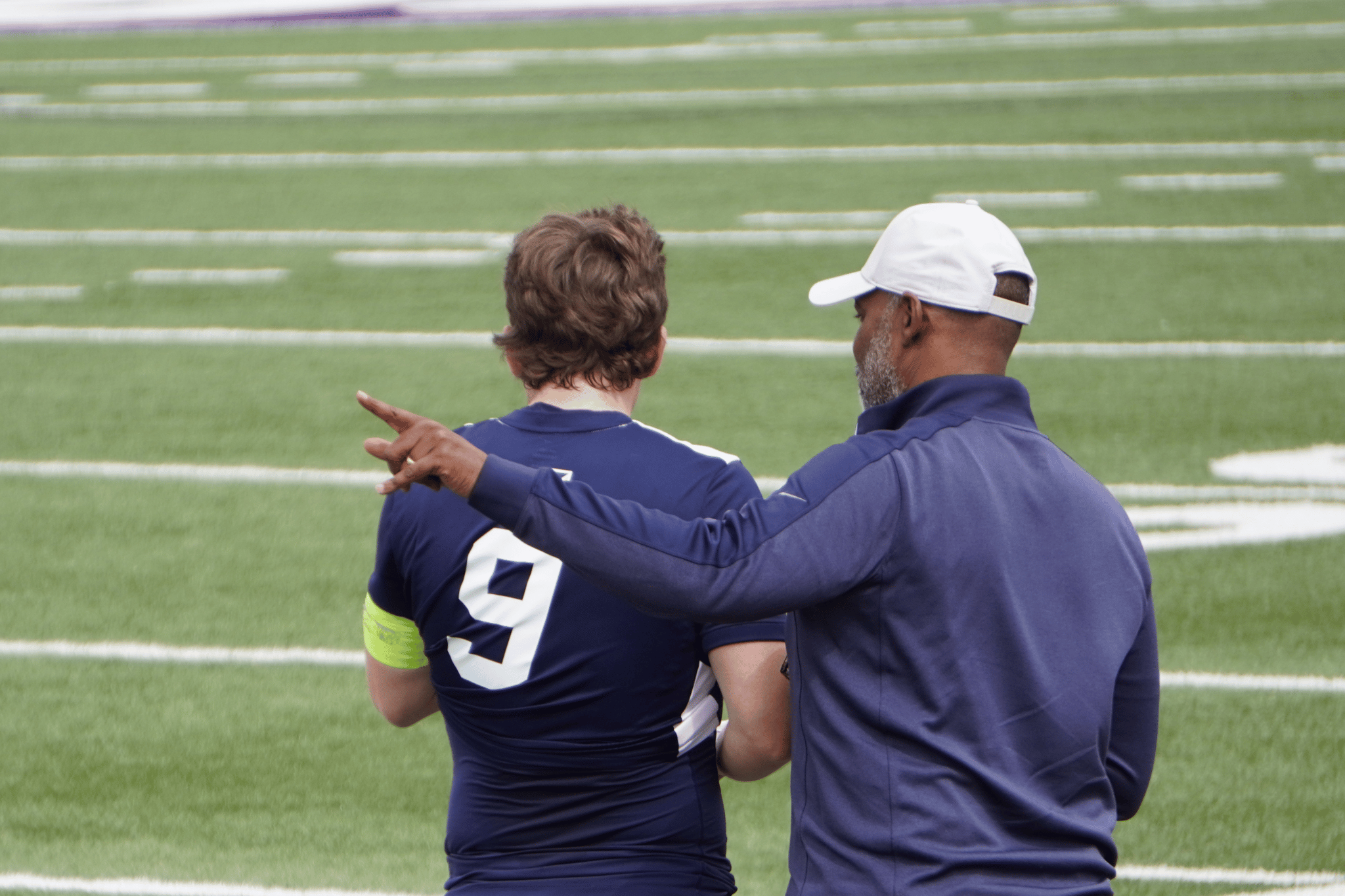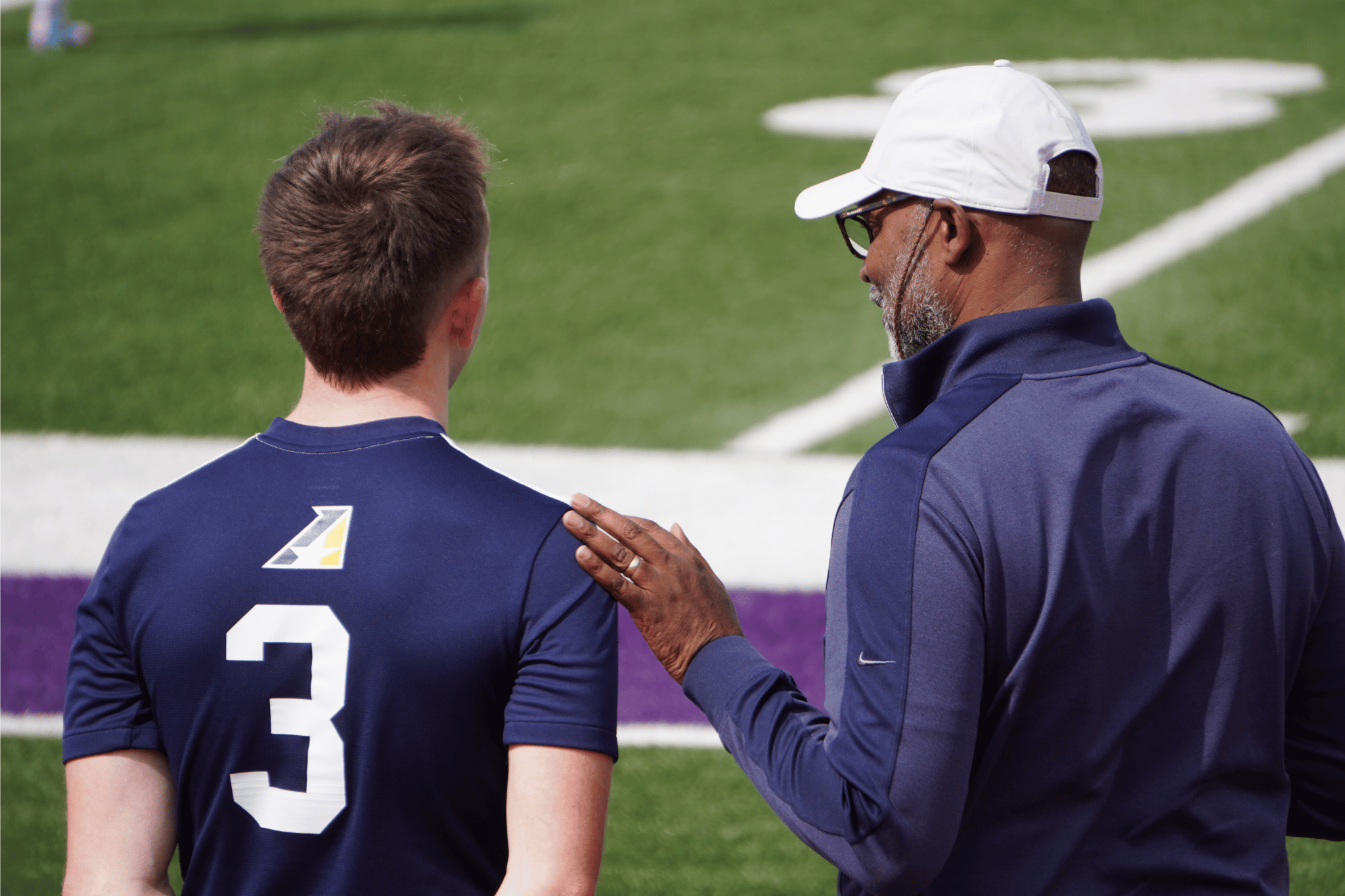You Can’t Rush Excellence: Why Patience Is the Hidden Superpower of Great Leaders
Oct 07, 2025
We live in a world in which waiting three seconds for a webpage to load feels like an eternity. We want six-pack abs in six days, promotions in six months, and cultural transformation in a single off-site retreat. What's the problem with that? High Performance doesn’t run on our schedule. It’s immune to impatience, allergic to shortcuts and indifferent to urgency.
I was reminded of this recently. I’m currently coaching a very young team of soccer players. The game is faster and more physical at the university level than it was for them before. We are taking our lumps as we learn to play against men five and ten years older. Our mistakes are punished. We are not at our peak performance, despite doing all the things--building cohesion, setting goals, and working really hard to deliver results. The players are frustrated, and I was becoming impatient. We were good. We had talent, but the L’s were stacking up. I stepped back and asked myself the million-dollar question: What are we doing wrong?
Nothing. You just can’t rush excellence.

The Illusion of Instant Mastery
In sports, we call this trusting the process. It’s the coach’s way of saying: “You can’t skip steps.” A baby doesn’t jump straight from rolling over to running a marathon. It crawls, wobbles, falls and tries again. Those micro-failures are not signs of weakness — they’re essential stages of growth. The same is true for teams, companies and leaders.
Anders Ericsson, the researcher behind the 10,000-hour rule, found that elite performers spend years in deliberate practice — not just repetition, but thoughtful, feedback-driven work designed to stretch their limits. Excellence isn’t born from intensity. It comes from dogged persistence and not giving up. You can’t wish or work yourself to mastery overnight any more than you can plant a tree today and expect shade tomorrow.
The High Cost of Rushing
When we chase immediate success, we often trade away long-term excellence. We bench a developing employee because their learning curve slows results. We take the safe option in a meeting rather than experimenting with a new idea that might fail. We value today’s output over tomorrow’s potential.
In my years coaching high-performance teams, I’ve learned that shortcuts eventually show up on the scoreboard. When you skip the messy middle—the confusion, the failures, the recalibration—you rob your team of the experience that creates composure under pressure. Veteran teams aren’t great because they’ve avoided mistakes. They’re great because they’ve survived them, learned from them, and built trust in the process.
Regrouping When Progress Feels Slow
Trusting the process is easy to say and hard to live through. When you’re losing a client, missing quarterly targets, or watching your competitors surge ahead, patience feels like passivity. Remember, excellence requires rhythm: push, pause, reflect, adjust. Even elite performers plateau before they break through. The difference between good and great is what happens during that plateau.
As I’ve shared before, grit is the combination of passion and perseverance for long-term goals. Duckworth’s research shows that grit, not talent, predicts sustained success. Here’s the fine print: grit isn’t about grinding endlessly; it’s about staying engaged when results don’t come quickly. It’s about regrouping when the data, the market or the season doesn’t go your way, and still believing that the habits you’re building will pay off.
Celebrate the Small Wins
When progress feels slow, the best antidote is celebration. Not the champagne-and-fireworks kind—just the simple acknowledgment that you’re getting better. Maybe your meetings are a little sharper. Maybe your customer response time improved by 10%. Maybe your team had more possession and created more goal scoring chances. That’s growth.
Carol Dweck’s research on growth mindset reminds us that focusing on improvement, rather than outcome, changes how our brains perceive challenge. We shift from, “I failed,” to “I’m learning.” This small mental reframe keeps motivation alive and builds the resilience necessary for excellence. Celebrate the incremental wins. They are the breadcrumbs that show you’re still on the right path.

Call to Action
Here’s the hard truth: if you want lasting excellence, you must protect the process. That means having the courage to delay gratification. It means tolerating the discomfort of slow growth. It means teaching your team that mistakes are tuition, not failure.
Excellence doesn’t happen when everything goes right; it happens when you keep going after things go wrong. The leaders who build dynasties—whether in sports, business or academia—are the ones who keep faith during the wobble stage.
When you find yourself frustrated that success isn’t coming fast enough, pause. Look around. You’re probably mid-process, not off-course. Excellence is brewing—you just haven’t let it steep long enough.
If all else fails, remember this: Even microwave popcorn still takes three minutes.


